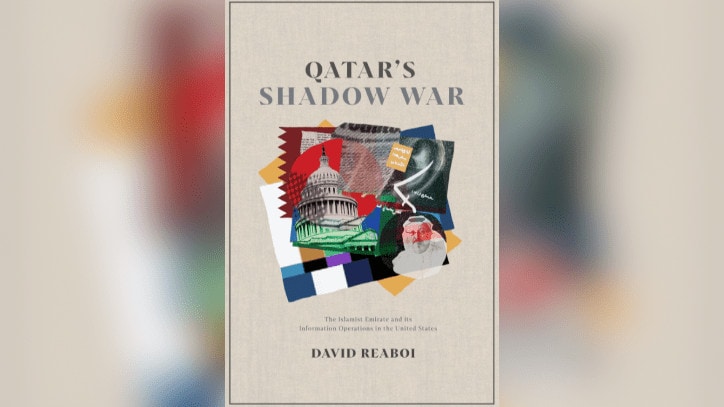Qatar’s Shadow War: How the Tiny Gulf State of Qatar Built an Outsized Influence in American Politics

During the 2011-2013 Arab Spring, the Obama Administration had undertaken a concentrated effort to realign U.S. policy in the Middle East, always from traditional Gulf allies and in favor of Islamist regimes, particularly the Islamic Republic of Iran, and a variety of Muslim Brotherhood-aligned parties in North Africa and Syria. These parties were largely supported by the emirate of Qatar. When that effort collapsed, order in the Middle East was upset, unleashing a conflict between Saudi Arabia, the United Arab Emirates, and other states in opposition to the further spread of Islamist ideology against Qatar and its allies, Iran and Turkey.
Unlike traditional conflicts however, this battle took place primarily within the U.S. media and amid the court of public opinion, and unbeknownst to most.
To help explain how this unique conflict unfolded, and what it portends for the future of U.S. interests in the region, the Center for Security Policy is proud to announce the publication of Qatar’s Shadow War: The Islamist Emirate and its Information Operations in the United States by Center for Security Policy Senior Fellow David Reaboi.
David Reaboi, a long-time specialist in both Middle East policy and strategic communications, examines how the Qatari state successfully built up an “influence operation” network of media operatives, so-called policy experts, and lobbyists to fundamentally reshape how the U.S. understood the region, and disrupt America’s long-standing policy. Along the way, Reaboi provides a new paradigm for understanding how foreign and domestic political actors utilize influence operations to shape what Americans think they know about the world around them.
“David Reaboi is one of the most astute observers of how foreign actors manipulate media and spread influence to achieve policy objectives contrary to America’s national security interest,” said Center for Security Policy President Fred Fleitz. “As we reflect on the Trump Administration’s successful policy in the region, including most notably the the Abraham Accords, David’s book is a timely reminder of just how steep the obstacles were.”
Chapters from of Qatar’s Shadow War: The Islamist Emirate and its Information Operations in the United States include: “The Middle East’s New Landscape.” “The Media’s Collapse and Rebirth as ‘Echo Chamber,’” and “American Media in Service to Qatar.”
Now more than ever it is important for American citizens to understand how foreign influence operations and other forms of media manipulation led to an uninformed populace, poor foreign policy, and a less secure United States.
Qatar’s Shadow War: The Islamist Emirate and its Information Operations in the United States is available for purchase at Amazon.com
- LIVE NOW – Weaponization of US Government Symposium - April 9, 2024
- CSP author of “Big Intel” is American Thought Leaders guest on Epoch TV - February 23, 2024
- Four weeks after release, Big Intel remains a #1 Amazon bestseller - February 13, 2024
